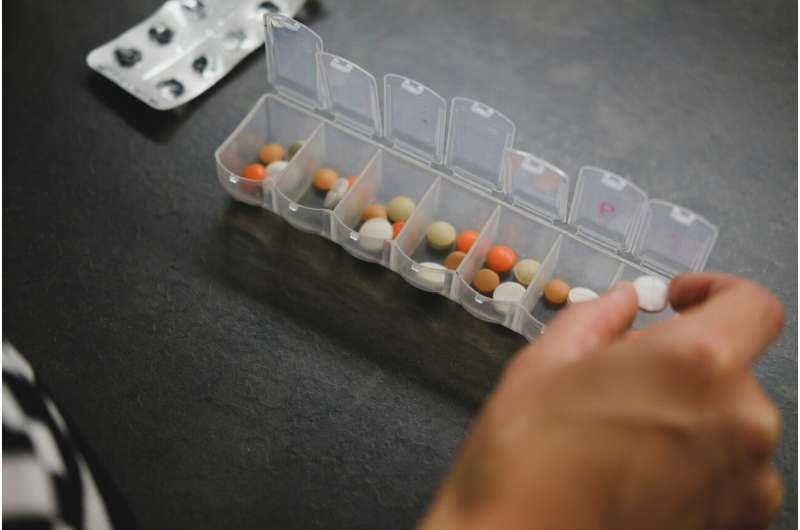Impact of Brazil's Bolsa Família Program: Significant Reductions in Hospitalizations and Deaths Over Two Decades

A comprehensive study demonstrates that Brazil's Bolsa Família Program has significantly reduced hospitalizations and deaths over 20 years, with potential for even greater impact through expansion. The program plays a crucial role in health equity and achieving Sustainable Development Goals.
In 2024, Brazil marked the 20th anniversary of the Bolsa Família Program (BFP), one of the world's largest conditional cash transfer initiatives aimed at reducing poverty and health inequities. A recent study published in The Lancet Public Health illustrates that between 2004 and 2019, the program helped prevent over 8.2 million hospitalizations and more than 713,000 deaths across the country. Furthermore, it is estimated that expanding the program's coverage by 2030 could prevent an additional 683,721 deaths.
The Bolsa Família Program provides cash transfers to low-income families, especially those with school-aged children, conditioned on recipients meeting criteria such as school attendance and vaccination adherence. The program's dual goals are to alleviate immediate poverty and break the cycle of intergenerational poverty. This intervention is especially vital today, amid multiple simultaneous crises—including armed conflicts, rising inflation, and climate emergencies—that intensify social and health disparities.
Research conducted jointly by the Barcelona Institute for Global Health (ISGlobal) and the Federal University of Bahia used real-world data combined with predictive microsimulation models to assess the program's impact over two decades and project future outcomes. Results indicate that high program coverage correlates with a marked decline in mortality and hospitalizations—most notably, a 33% reduction in child mortality (under age five) and a 48% reduction among elderly populations.
The study emphasizes that communities bearing a higher burden of disease benefit the most from Bolsa Família, effectively reducing health inequalities across regions. "The program has not only been instrumental in diminishing poverty but also in promoting health equity," explains Dr. Davide Rasella of ISGlobal.
Additionally, the research highlights the role of conditional cash transfer programs in advancing Sustainable Development Goals, including good health and well-being (SDG 3), no poverty (SDG 1), and reduced inequalities (SDG 10). Projections for 2030 under different scenarios reveal that expanding coverage could significantly lower hospitalization and mortality rates, while reductions in coverage could exacerbate health disparities and stress healthcare systems.
In the context of declining global humanitarian aid and fiscal constraints, the positive impacts of Brazil’s Bolsa Família offer valuable insights. As first author Daniella Cavalcanti states, "This program exemplifies how social protection strategies can achieve substantial health and social benefits, inspiring similar initiatives worldwide."
Source: https://medicalxpress.com/news/2025-05-brazilian-social-million-hospitalizations-deaths.html
Stay Updated with Mia's Feed
Get the latest health & wellness insights delivered straight to your inbox.
Related Articles
Artificial Intelligence Uncovers Link Between Protein Modifications, Mutations, and Disease
A new AI model from Baylor College of Medicine, DeepMVP, reveals how protein modifications influenced by genetic mutations can lead to various diseases, paving the way for targeted therapeutics.
Innovative Treatment Shows Promise for Advanced Pulmonary Arterial Hypertension Patients
New research reveals that sotatercept, initially approved for mild PAH, significantly reduces mortality and hospitalizations in advanced cases, offering new hope for patients with this severe lung condition.
Post-COVID Lung Abnormalities Commonly Improve Over Time, New Consensus Confirms
Expert consensus reveals that lung abnormalities after COVID-19 infection typically regress or stabilize over time, with severe fibrosis being rare. This guideline helps improve diagnosis and management of long COVID-related lung issues.



